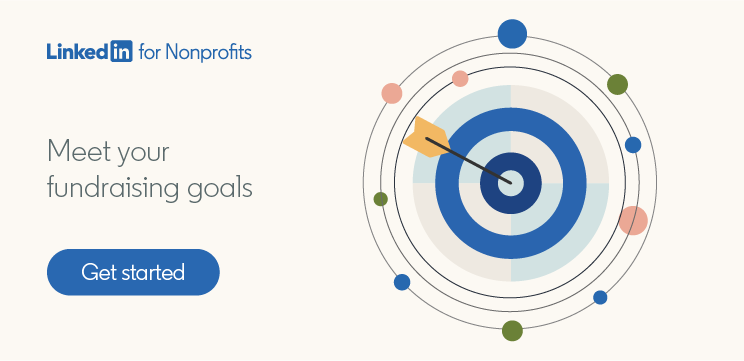
The LinkedIn for Nonprofits Weekly Digest
The LinkedIn for Nonprofits Weekly Digest
It’s the end of another busy week, and we’ve gathered the top nonprofit news for you to cozy up with. This week, learn about how experts suggest you can create a workplace that supports meaningful work, how to best wrap up your year to set yourself up for success in 2022, and how your nonprofit can proactively protect donors’ privacy.
We’ve also included tips on how to gain the trust of Boomers on social media, and a new study from the Center for Effective Philanthropy detailing the current state of donor relations since the start of the pandemic.
Here are five must-read articles for nonprofits this week:
1. How to Find the Secret to Meaningful Work (The Atlantic)
Many people in the nonprofit world choose their work because they believe in — and get fulfillment from — the mission of their organization. But finding meaning in work also relies on how the organization is run and its internal values. This episode of the How to Live a Happy Life podcast focuses on how leaders can create a purpose-driven workplace culture and how you can systematically design your organization to make employees feel happier and supported.
2. Boomers Can Easily Spot Emotional Manipulation (The Nonprofit Times)
Baby Boomers have adapted to technology, including online giving. But studies show that this generation is much more deft at spotting emotional manipulation in advertising than younger followers, meaning your social media approach can have a huge impact on where their money goes. Here are tips on how to best engage with boomers on social media.
3. It’s the Most Important Time of the Year (Philanthropy Daily)
Some of your top revenue may come in during the last few months of the year, but it’s the most important time for another reason — planning for the year ahead. Learn how to set your nonprofit up for success in 2022, while celebrating all that you’ve accomplished this year.
4. To Protect Your Nonprofit’s Growth, Protect Your Donor’s Privacy (Forbes)
People who donate anonymously to nonprofits have a right to privacy. At least that’s what California’s Supreme Court ruled 6-3 over the summer when it said that it would be a violation of First Amendment rights to force charities to reveal top donors. Here’s how nonprofits can develop a donor privacy policy and instill trust in all donors, now and in the future.
5. Individual Donors Respond to Crisis Part 1: Stronger Relationships (The Center for Effective Philanthropy)
Individual donors provided much-needed support to nonprofits throughout the pandemic — and by and large, more support than was expected. This series presents research conducted by the Center for Effective Philanthropy, surveying nonprofit leaders on how their relationships with individual donors have evolved since the pandemic began. The insightful data gives insights into how donor relationships may change in a post-pandemic world.
To get the latest news and resources for nonprofits delivered straight to your inbox, subscribe to the LinkedIn for Nonprofits blog today.

